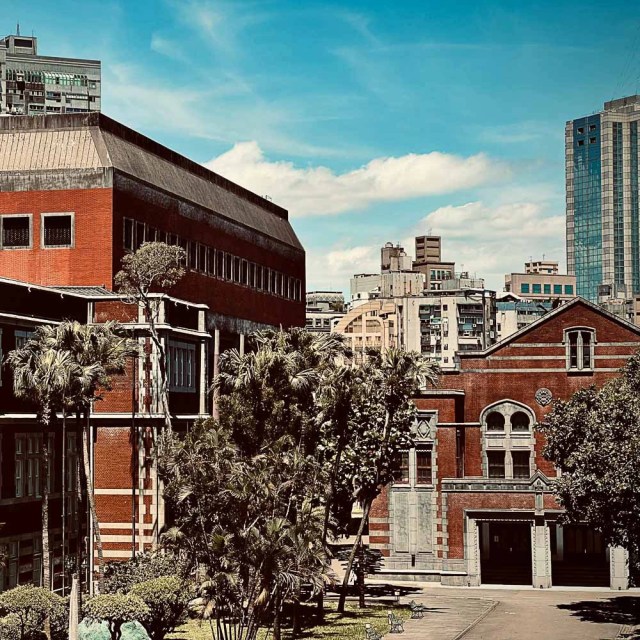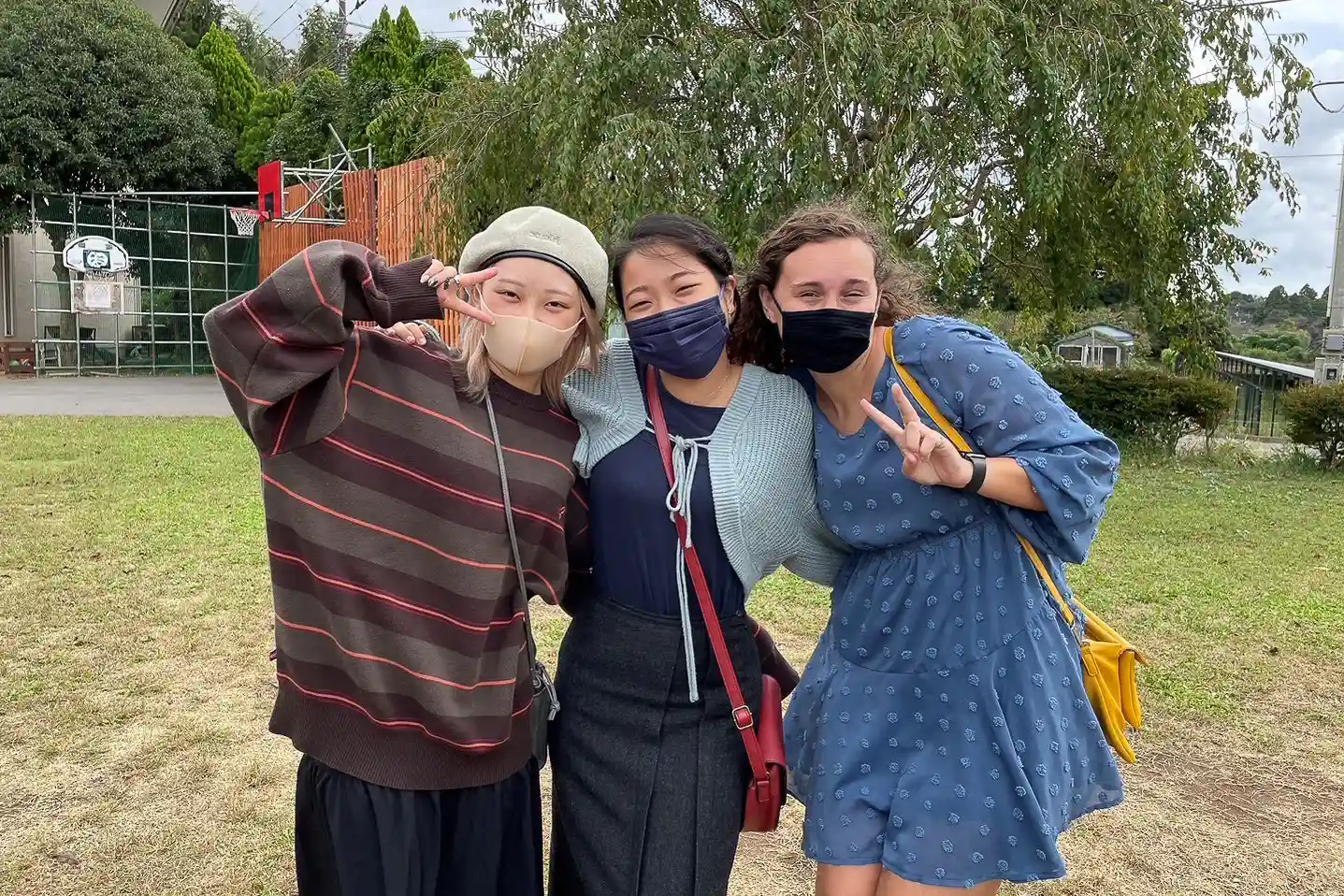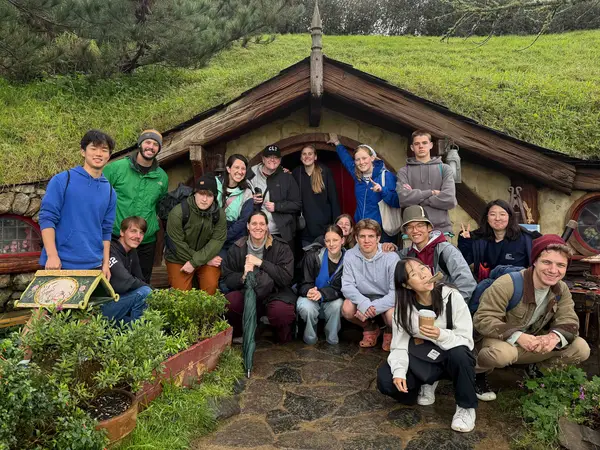Relief in Full

On the afternoon of March 11, 2011, the earth started moving in Ishinomaki, a coastal city of 162,000 in the T?hoku region of Japan. M-San*, a piano teacher on the north side of town, grew increasingly terrified as the T?hoku Earthquake persisted for more than six minutes.
But the long, violent tremors were only the beginning of the horror for people throughout the region. The quake, centered just off the coast, had produced a powerful tsunami. About an hour after the shaking stopped, the sea surged into the city in waves as high as 40 feet. M-San and her husband were forced to evacuate as the waters rose above the ceiling of their home, destroying her two pianos and ruining most of her other possessions. The chain of events that would lead her to Christ had begun.
The world’s attention was soon riveted on Japan as workers raced to prevent a full-scale meltdown at the flooded Fukushima power plant, just 64 miles from Ishinomaki. The Triple Disaster (quake, tsunami, and nuclear crisis) would ultimately take the lives of over 18,000 people (including 3,600 in Ishinomaki—the most for any single city) and displace tens of thousands more. Amid aftershocks and fears of more tsunamis, the Japanese government warned people to stay away from the unstable nuclear facility.
First responders
Despite this, Dan Iverson, the MTW Japan country director, and the team in Tokyo immediately made plans to drive north to help those in need however they could. Joined quickly by people from the Presbyterian Church in Japan (PCJ) and other believers, they headed toward the destruction. “That first night, we didn’t see a single emergency response vehicle of any kind,” recalled Iverson.
In the days that followed, this impromptu team began to exhibit the cooperation that would become a hallmark of longer-term work in the area. Carrying all the food, water, gasoline, blankets, and other staples they could manage, they arrived in Ishinomaki and set up what became known as “street stores” in the northern part of the city. “Soon our mobile street stores became a central gathering place for the community,” explained Iverson. When more Christians arrived, they pooled their resources, enabling the stores to feed hundreds on a regular basis.
In nearly 28 years of service in Japan, rarely has Iverson experienced as productive and sweet a partnership among evangelical organizations as the one born in Ishinomaki. And the fruit of this partnership continues to ripen. There are now five churches in the northern part of the city, an area that had no known church presence prior to the disaster. There is also the Ishinomaki Christian Center (ICC), itself a collaboration among MTW, a number of other evangelical groups, and Japanese churches.
By this the world will know that you are my disciples
As the weeks passed, the Christians stayed and started helping people like M-San rebuild their homes and lives. Early on, a team of Korean, Japanese, and American Christians began investing in M-San, sitting with her and helping her dry out her piano music. After more than a month in an evacuation shelter, she returned to live in a steel-framed second story living room, the only part of her home to survive the flood. By September, a team from Samaritan’s Purse had finished renovating, and M-San, like many other locals, was asking questions. Why had these people come—and more notably, stayed—when everyone else had left? And why were they asking nothing in return for the aid they provided?
As she studied this ad hoc group, knowing that they represented different organizations, she wondered what it was that bound them together. When she heard that Jesus was the reason for both their presence and their unity, she decided there must be something to Him.
Emotional and spiritual devastation
As time passed and relief work shifted from first response to cleanup to reconstruction, the Christian presence remained. They developed a positive reputation as far away as Tokyo as they assisted with “mud-outs” (cleaning up the flooded first floors of dwellings), and hosted gospel music festivals and community meals. At first, people appreciated the food. Soon, these meals became a venue for emotional catharsis. Gospel seeds were planted.
Ross Lee, an itinerating missionary raising support to join MTW’s Tokyo City Center church-planting team, has a unique perspective on the relief efforts in the T?hoku region. Having visited Japan twice in the years prior to the disaster, he had the opportunity to assist with the work in Ishinomaki during the summers of both 2012 and 2013. “In 2012, the area was still devastated,” Lee remembered. “There were still huge piles of wreckage the government was sorting through.”
By the next summer, most of the visible evidence of destruction had been cleared. The emotional and spiritual need that had always been there began to surface. “The community was torn asunder,” Lee said, “and there is still a sense of communal loss that everyone feels.” The efficiency of the government’s efforts to clear debris and setup temporary housing only underscored the lack of readiness the people had to “move on” after losing family and friends, homes and jobs.
According to Dan Iverson, the aftermath of the disaster has brought into the open a spiritual barrenness that already existed in Japan. Despite universal literacy, long life expectancy, and excellent healthcare, depression and suicide are rampant. “The country needs the gospel of hope, which is the gospel of Jesus.”
In late 2012, about 18 months after she first encountered the people who restored her wrecked home and carried with them this gospel of hope, M-San surrendered her life to Christ. Having been touched by the presence of those who came so far to help, it ultimately felt natural to become a believer herself.
Expanding the beachhead
The ICC is now a visible part of the community in northern Ishinomaki. Its staffers include Virginia Lavallee, MTW’s sole full-time missionary in the city, who also hosts MTW interns to the region. Lavallee’s sister and brother-in-law Abi and Roger Lowther, who work with MTW in Tokyo, persuaded her to join the Ishinomaki relief efforts for a couple of months after graduating from college in 2011. She has been there ever since.
“We continue to see more people coming to Christ, and even more are beginning to consider Christianity,” Lavallee said. Conversations about ICC’s ongoing presence quickly turn to the gospel, and several locals—even some unbelievers—gladly help out with programs and events. One such regular helper is M-San. Out of respect for her unconverted husband, she does not attend worship on Sundays, one of his few days off. But she stays involved in other ways, leading a senior citizens choir and linking the church to the community through her piano teaching.
With other evangelical groups having established plants in Ishinomaki itself, MTW’s long-term follow-up work is shifting to Sendai, a city of over a million people about 35 miles to the southwest. Sendai’s population has swelled since the tsunami with people relocating from damaged areas. And as the capitol of the region, it represents a strategic opportunity for MTW, one eagerly supported by those who contributed $1.5 million to the organization for disaster relief and subsequent church planting.
“Prior to the tsunami, we didn’t have any ministry or plans in the T?hoku region,” explained Dan Iverson. But God had plans. Now, in partnership with the PCJ, MTW is taking the “True Bread and Living Water” to a starving, thirsty people.
*name has been changed





